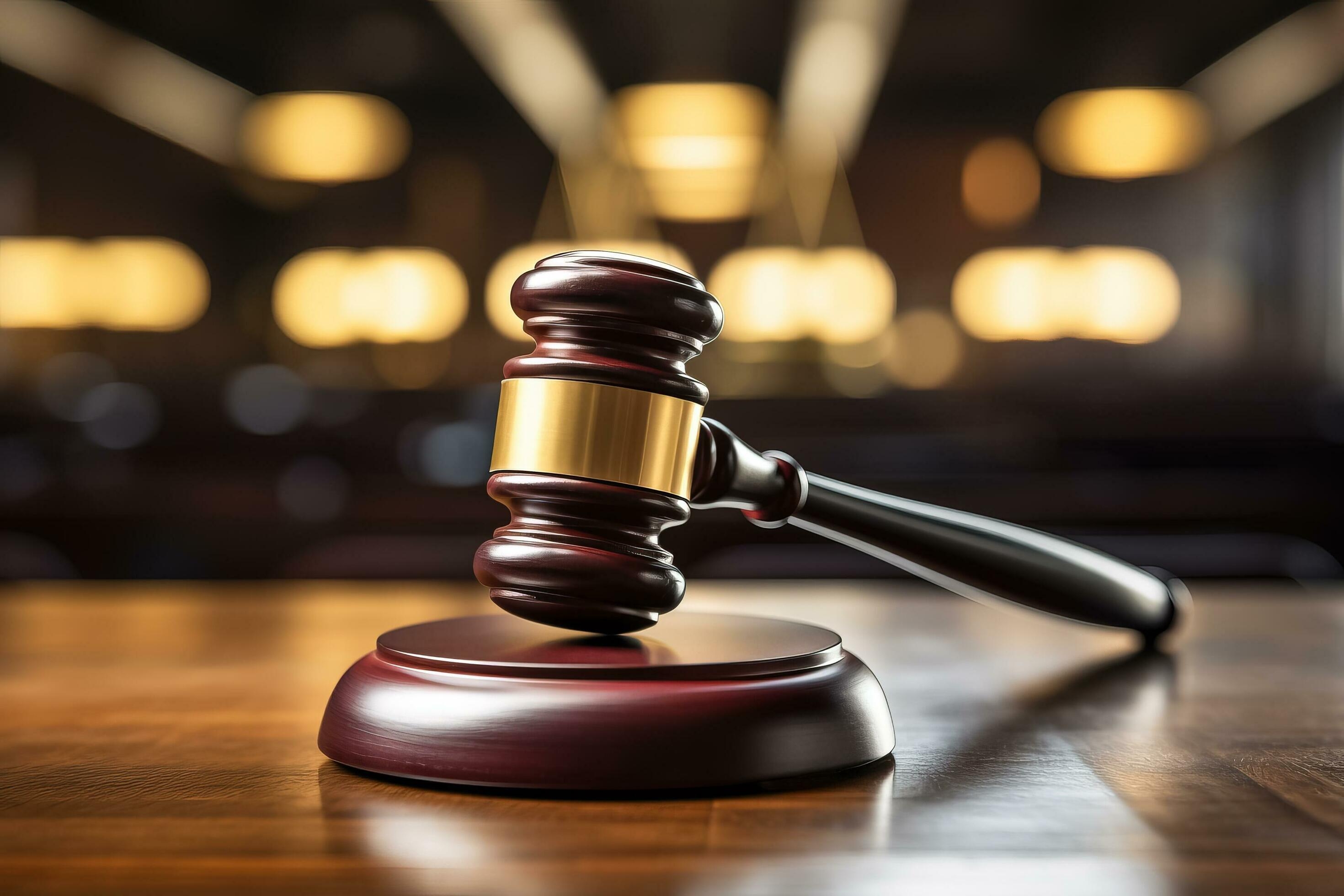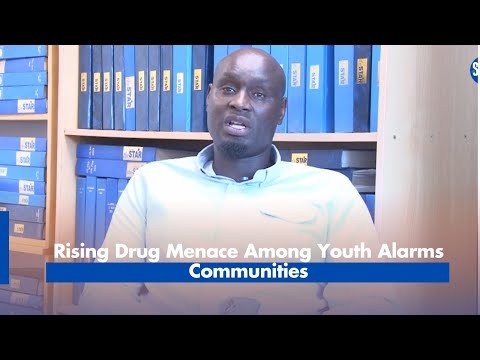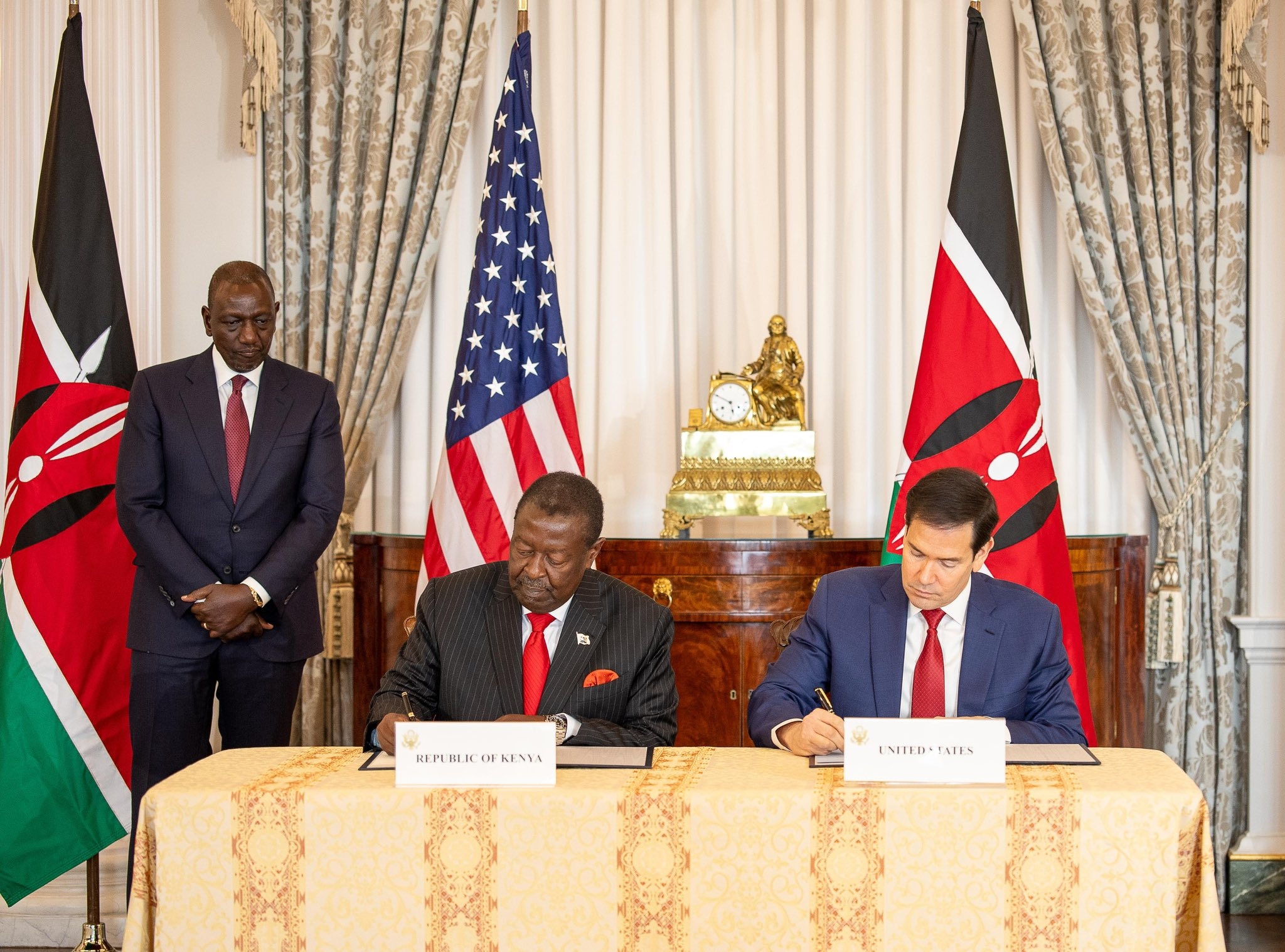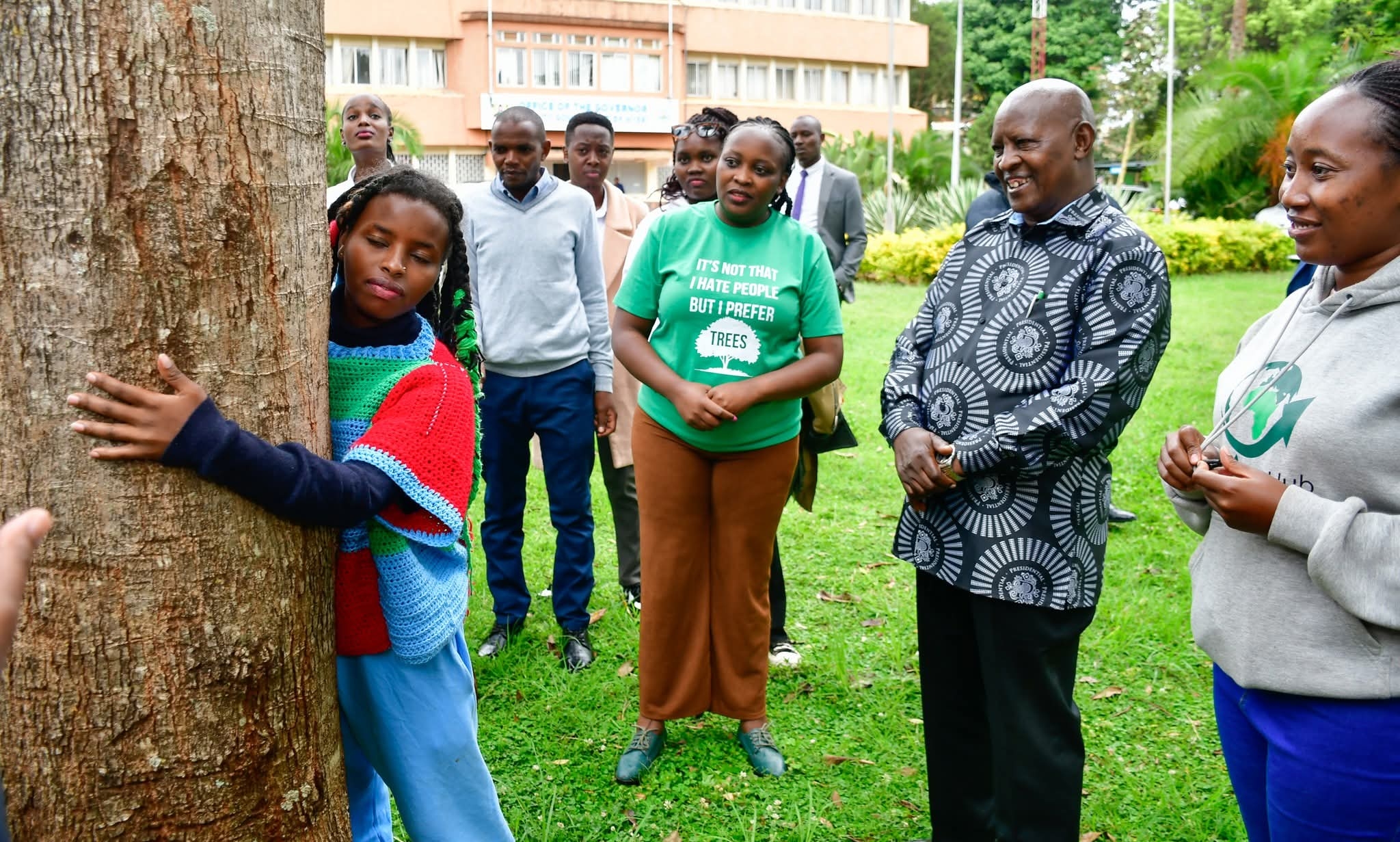
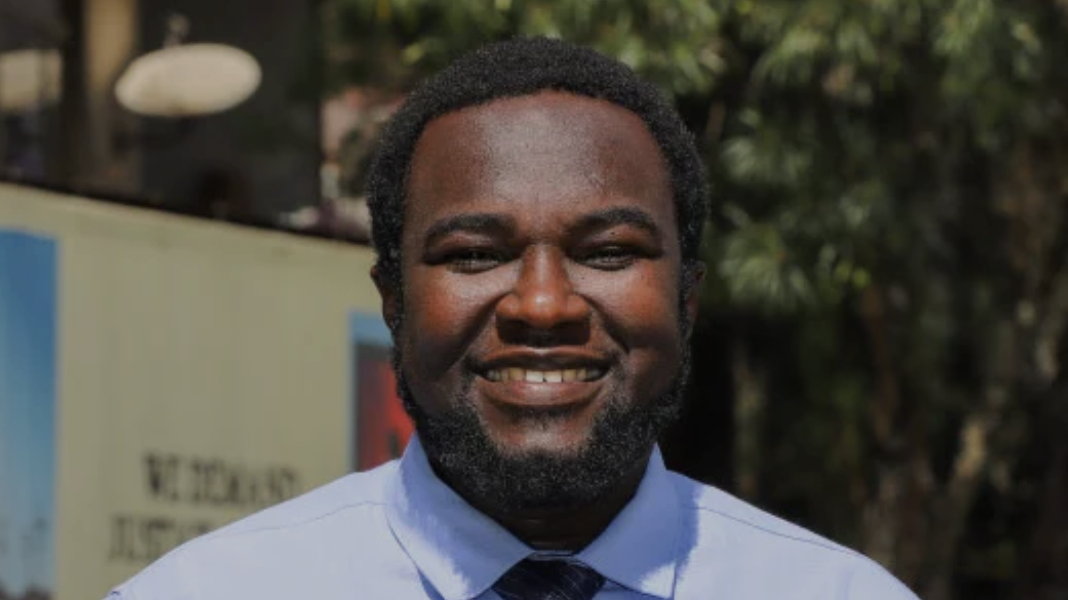
Activist Martin Mavenjina had been away from his family, attending a conference in Johannesburg since last Monday and the lawyer hoped to be back home over the weekend in Nairobi, unaware a deportation scheme was afoot.
Once Mavenjina landed on Sunday night at the JKIA, he told the Star in a phone interview, his Ugandan passport was stamped as his papers were in order and he was allowed by immigration to proceed into Kenya.
But a few minutes later, he said, he was summoned back and the immigration officers confiscated his passport and a questioning session ensued.
He was then detained and by 12:05am, his passport and a ticket were returned to him.
Hearing reports of thugs disrupting a press conference at the Kenya National Human Rights Commission offices, he was distraught, he said.
Mavenjina said he was then led to a revving-up KQ plane bound for his home country of Uganda.
The senior adviser on transitional justice at the KHRC said he has had all the right papers, including a valid work visa and permits to be in the country, for the last 10 years.
Besides his passport and the Ugandan ticket, he was not served with a rendition order by the immigration officials, making the deportation action “illegal”.
In Johannesburg, Mavenjina had attended a judges’ and jurists’ forum where participants discussed reparations, a major subject of the African Union this year.
He has been vocal in denouncing government excesses, including corruption, police brutality, extrajudicial killings and abductions.
He has frequently addressed the press on behalf of the KHRC and the police reforms working group against such illegalities and has published opinion articles on these subjects.
Ernest Cornel, the senior communication associate at KHRC, told the Star that although unexpected, Mavenjina’s deportation could be traced back to the regular harassment that the human rights lobby has weathered recently.
He said when Mavenjina was leaving the country on July 1, immigration officials attempted to stop him, questioning why he was travelling and why the conference in South Africa was relevant for Kenya.
“They attempted to stop him from leaving but they had no cogent grounds and he proceeded,” Cornel said.
Mavenjina was not the only activist singled out.
In May, immigration officials attempted to stop KHRC executive director Davis Malombe when he was leaving the country for a conference in Argentina.
“The immigration guys were claiming that it is not usual for people from this part of the world to travel to Argentina and that the conference was suspicious. They were left to travel after some back and forth,” Cornel said.
In response, the commission has written to the director general of the Immigration department, threatening court action if they fail to return Mavenjina to Nairobi to reunite with his family.
“We wrote to the DG on Monday, giving them 24 hours to comply and now that the timeline has elapsed, we will battle in court to have the law complied with and Mavenjina’s rights asserted,” Cornel said.
The Africa Judges and Jurists Forum said it was deeply concerned about Mavenjina’s deportation “to Uganda despite being in possession of a valid and subsisting work visa. This action of the Kenyan authorities raises serious concerns about the adherence to due process, human rights and the rule of law”.
The forum says the Kenyan government has an obligation to comply with its regional and international obligations, including under Article 12 of the African Charter on Human and Peoples’ Rights, guaranteeing the right to freedom of movement and prohibition of arbitrary expulsion.
“The UN Declaration on Human Rights Defenders affirms in Articles 1 and 12 that individuals like Mavenjina have the right to promote and protect human rights without fear of intimidation or retaliation,” the forum says.
“These binding obligations require Kenyan authorities to respect and protect the rights of all individuals, including human rights defenders and to ensure that measures such as deportation strictly adhere to due process and are not used to harass or silence civil society actors,” it says.
Instant analysisMavenjina’s deportation, despite valid documentation, signals growing hostility toward human rights defenders in Kenya. The move raises serious legal and ethical questions about the state’s commitment to free expression and to accountability and due process.





